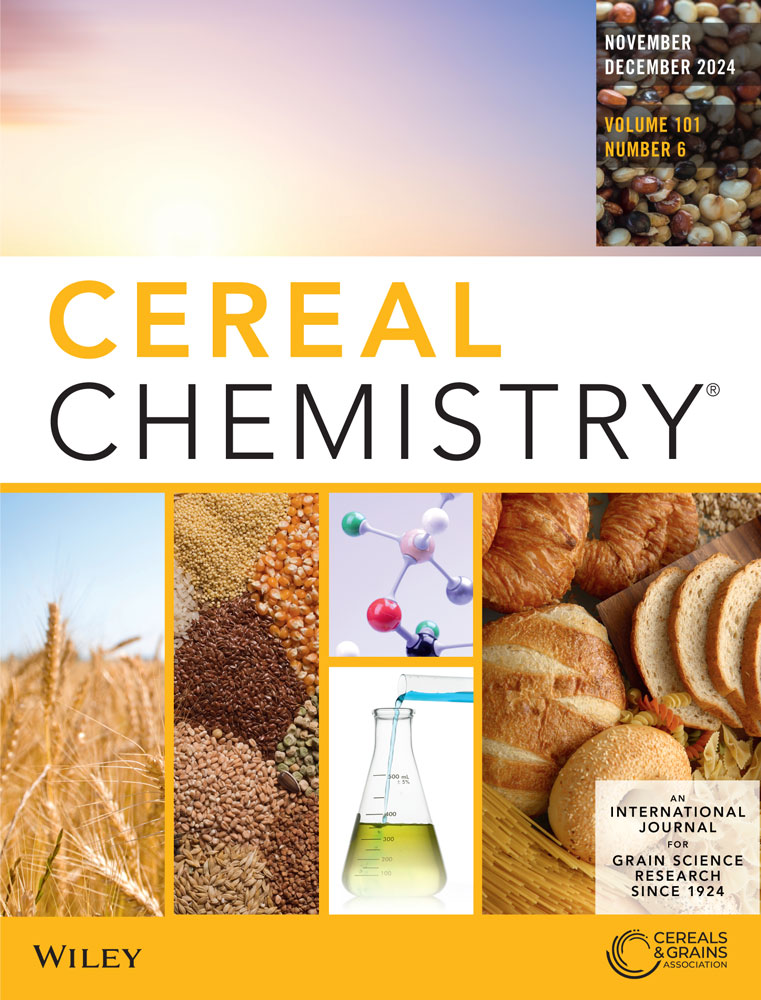Effect of tea polyphenols on the quality of frozen cooked noodles
Abstract
Background and Objectives
The growing consumer demand for natural, healthy, and convenient food options has led to the rising popularity of frozen cooked noodles (FCN). Tea polyphenols (TPs), known for their diverse biological activities, are increasingly being utilized as a natural food additive in research and development. Therefore, this study aims to investigate the effects of TPs on the thermal and pasting properties of wheat flour as well as their influence on the quality of FCN.
Findings
The results from differential scanning calorimeter and RVA analyses showed that TPs did not significantly affect the thermal and pasting properties of wheat flour. However, the addition of low-dose TPs (<1.5%) improved the quality of FCN during storage. Texture and tensile analyses demonstrated an enhancement in hardness, chewiness, resistance, and an increase in resistant starch content in the noodles. Low-field nuclear magnetic resonance findings revealed an increase in the proportion of strongly bound water, accompanied by a decrease in free water content. Scanning electron microscopy observations illustrated a well-developed gluten network structure. In contrast, the incorporation of 1.5% TPs adversely affected the quality of FCN.
Conclusions
The appropriate integration of TPs plays a significant role in alleviating the quality degradation of FCN during storage.
Significance and Novelty
This study provides a theoretical basis for the development of polyphenol-enriched flour products and functional foods.

 求助内容:
求助内容: 应助结果提醒方式:
应助结果提醒方式:


